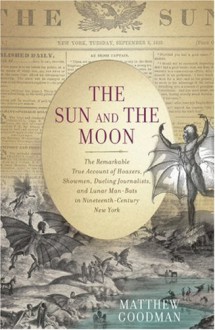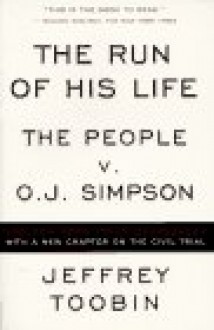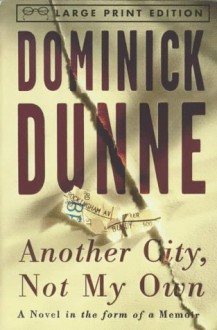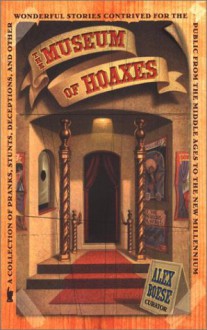
Which actually has the wonderful full title of "The Sun and the Moon: The Remarkable True Account of Hoaxers, Showmen, Dueling Journalists, and Lunar Man-Bats in Nineteenth-Century New York"
This is the second Matthew Goodman book I've read, having read his Nellie Bly book before I could get hold of this one. And I don't know what to make of it, or even if I liked it. Actually I think I quite liked it, but it isn't exactly what it says on the jar - I was expecting something entirely focussed on the Moon Hoax as published in the Sun Newspaper (hence the title), but instead it's also a biography of the newspaper industry in 1830's New York, including several famous editors and other luminaries. Which kind of makes sense, because such a thing as a multi-day hoax as a feature in a newspaper really makes sense in the time and place given, and the reactions of the other papers are quite germane. But it's also a biography of P.T. Barnum, who wasn't actually connected other than being another inveterate huckster of the time, of Edgar Allan Poe, who also wasn't actually connected other than he was upset because he thought it plagiarised a story of his. And Joice Heth, one of Barnum's early exploits in humbuggery. And Richard Adam Locke, who actually did write the Moon story as it came to be known. And Sir John Herschel, who wasn't involved either, although the Moon story was attributed to him.
There's a LOT of competing biographies going on in here, and while they are all fascinating people, Goodman has a tendency to jump around timeline-wise, and to repeat himself a little. So we hear about Joice Heth not actually being 160 years old in the first chapter... and in the fourth, and the seventh, and the eighth, and the eleventh and you get the idea.
There's also a ton of fascinating little side trips into utterly unrelated things going on at the same time, and some of the throwaway lines were enough to send me off into a rabbithole of further research - yay internet.
Take this snippet for instance, regarding an earlier hard news story that Richard Adam Locke was known for:
In the upstate farmhouse he had dubbed Mount Zion, Matthias had apparently established for himself a community of seven wives--a 'harem,' Locke called it--six of them wealthy white women and the seventh a black servant by the name of Isabella Van Wagenen, and had one appointed to each working day in the week, and the black one consecrated for Sundays. (Isabella Van Wagenen was a former slave who would later join the abolition movement, changing her name to the one by which she would be forever remembered: Sojourner Truth.)
Well isn't that fascinating. What it doesn't mention anywhere in the book is that Isabella Van Wagenen / Sojourner Truth was a co-defendant in the Matthias murder trial, which makes it even more interesting. I have so many notes now of interesting things to go find a book about, it's a little ridiculous (luckily this book has some 20% of it's pages taken up with references and citations, so with any luck I will actually be able to find many of those books - I just don't know when I'll have time to read them all.)
Another fun quote, this time quoting from the Moon story itself:
"It did not take David Brewster long to grasp the import of the idea and when he did the effect was extraordinary: "Sir David sprung from his chair in an ecstacy of conviction," reported the Supplement, "and leaping half-way to the ceiling, exclaimed, 'Thou art the man!'"
Which made me laugh. An 1835 early example of "you the man" :)
There's a great deal of material also on Poe, and I think he's pretty much worth a good biography of his own, rather than being shoehorned into this one. Poe and Locke met only once, to anyone's knowledge, and although Poe was deeply upset over the Moon hoax, having published a version of just such a story a month or two earlier to little acclaim, he was in fact a fan of Richard Adam Locke himself. So it seems odd that he's pitched as an adversary for most of the book, only to find out at the very end that Locke said he'd never seen Poe's story, and Poe publicly stated he believed him.
And I never quite understood why there's so much space given to Barnum, and particularly Barnum and Joice Heth (which is a tale that makes me distinctly uncomfortable). And I would have liked more quotes out of the moon story, which actually only gets a few pages dedicated to it in the middle of the book.
Still, Goodman is an engaging writer, and the characters are vivid and larger than life. But as much as I like meandering into side tracks, I kept finding myself thinking "Why is this stuff in this book".
Recommended for: Poe fans, History and Hoaxes fans, Barnum fans
Not recommended for: anyone who likes authors, even NF ones, to get to the point and sooner rather than later

 Log in with Facebook
Log in with Facebook 













